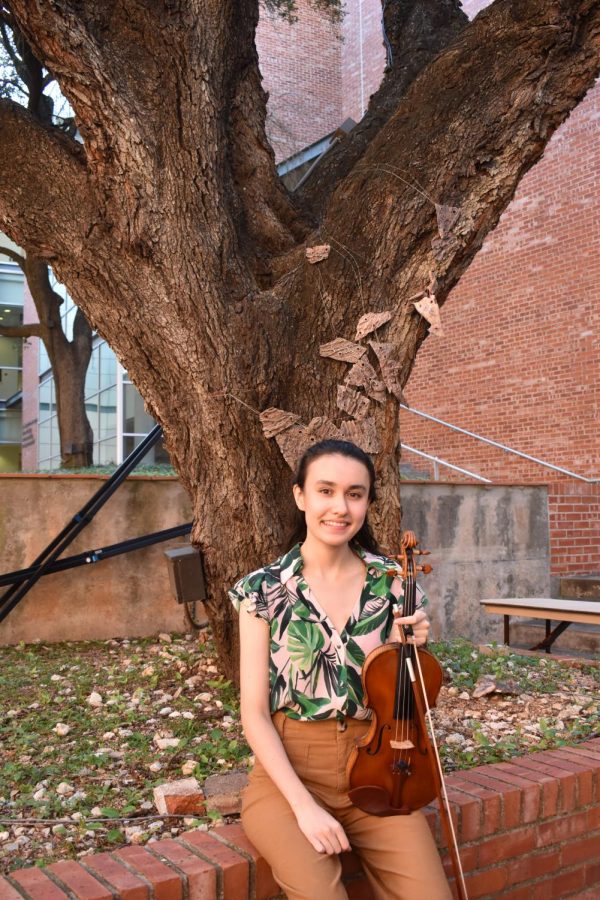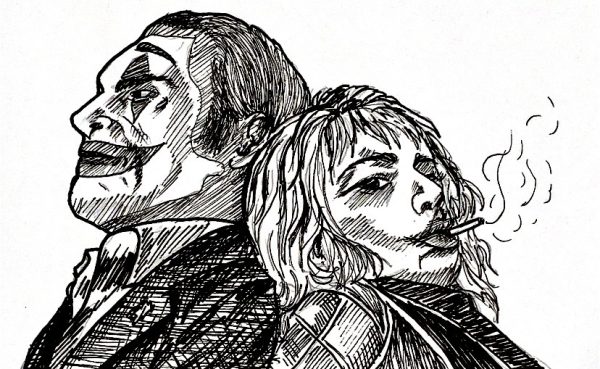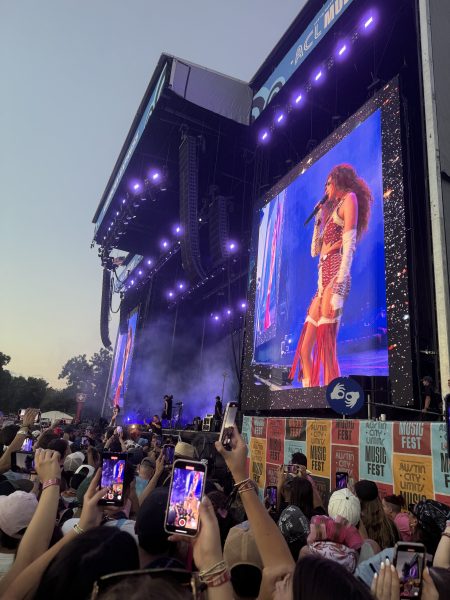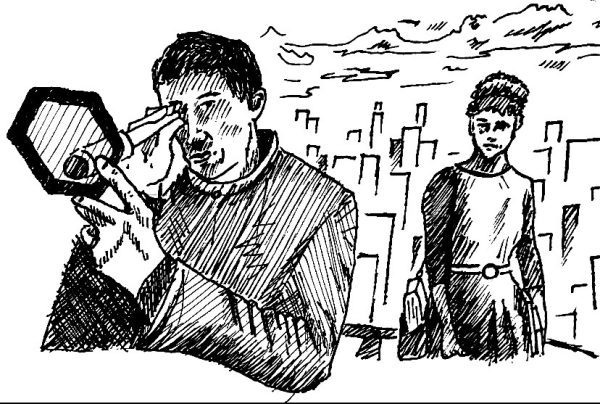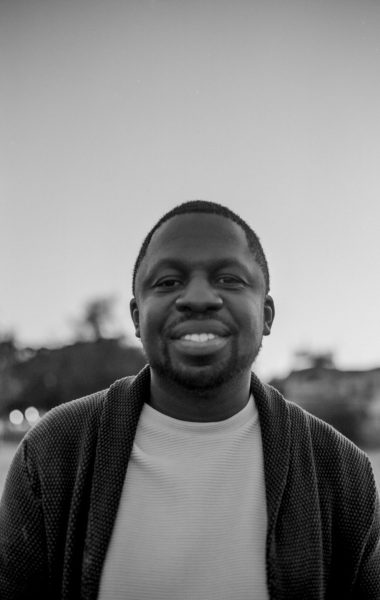Musician spotlight: Emily Averyt’s musical problem solving
Growing as a person through years of playing violin
Emily Averyt, a junior violin performance and biology double major, has been playing violin since she was just five years old. Raised by parents who are both violinists, Averyt has been surrounded by music for as long as she can remember. Though she’s busy with both her majors and with serving as the concertmaster of Trinity’s Symphony Orchestra, I was able to speak with Averyt over email about her long history with music.
How long have you been playing violin, and what got you started?
Fifteen years, most of my family plays and listens to classical music as a hobby. My mom and dad both played the violin, so they introduced me to classical music early by taking me to concerts and playing the repertoire around the house. Because I was surrounded by music, I really wanted to play the violin. I started studying privately at the age of five.
Do you plan to continue playing after graduating?
I plan to continue playing as a hobby once I graduate.
Have you ever participated in any competitions before? Did you win anything?
I competed in the YOSA Concerto Competition in 2016 and won. The prize was getting to solo with the San Antonio Symphony the next year.
What’s been your favorite performance that you’ve done?
Soloing with the San Antonio Symphony on the Barber Violin Concerto in 2017.
What’s your experience been like being a music major at Trinity?
The Trinity Music Department has an incredibly supportive atmosphere. All the music majors and minors here are really friendly and encouraging which has made it easy for me to form strong bonds with my peers. The department is on the smaller side which allows each student to get more one-on-one attention from their private teachers and music professors. Trinity also opens up most of the music ensembles to all students regardless of major, so I’ve met a lot of amazing friends and colleagues who study completely different subjects through these ensembles.
What’s been your most challenging music class?
Any keyboard skills course. It had been so long since I started violin that I forgot how difficult it can be to learn a new instrument. It would take me hours to learn just a few measures of four-part harmony. I have enormous respect for pianists.
Do you deal with performance anxiety, and if so, how do you deal with it?
I definitely get performance anxiety for solo performances. Several days before a big performance I like to practice performing for family or friends just to help me get used to the act of performing. I take deep breaths to slow my heart rate and calm down right before playing. During the actual performance, I try my best to block out my surroundings and just focus on having fun with the music. The closer I can bridge the gap between practice and performance the better.
What’s your favorite thing about music?
Oddly, my favorite thing about music is also my biggest challenge with music. I never really get bored with music because there is always something new to learn. It’s fun to look back and track my progress as a player over the years too. I also love how music combines technical proficiency with artistic expression.
What’s been the biggest challenge that you’ve faced with music?
Music is one of those subjects that you’ll never perfect no matter how much you practice. It’s a life-long journey of improvement that takes discipline, attention to detail, commitment and a passion for the art. In some ways, the more you learn about music, the more you notice your own flaws and the pickier your ear becomes. It can get frustrating when you feel like you’re not improving as fast as you’d like.
Do you have a favorite piece you’ve played, and why is it your favorite?
My favorite piece that I’ve played is probably Prokofiev’s Violin Concerto No. 2. Prokofiev is a fantastic musical storyteller. His music switches back and forth between rich, sinister sections, lyrical, soaring melodies and winding, chromatic passagework. You have to put on so many different hats in order to fully express the music which is a lot of fun.
Do you feel like you’ve learned a lot about yourself as you’ve progressed as a musician?
I feel like in a lot of ways my growth as a person mirrors my growth as a musician. I’ve learned a lot of my problem-solving skills through practicing my instrument because effective practice is all about identifying a problem with your playing and finding the most efficient way to solve it. In order to do so, you have to learn how to objectively view yourself, almost from a third-person perspective. As my practice habits improved, I feel like my self-awareness also increased. Music has also tested the limits of my nerves and confidence because performing for others can be a very nerve-wracking experience.
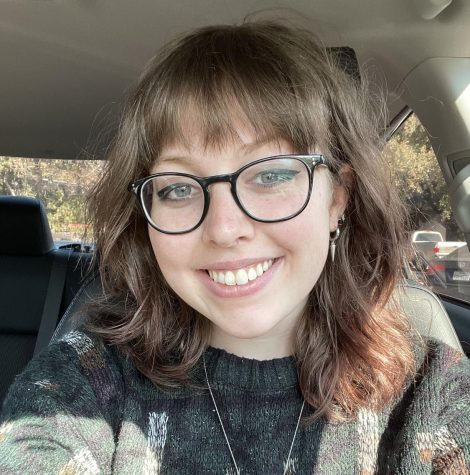
My name is Claire Sammons and I am an Anthropology and Communications double major. I have worked for the Trinitonian since fall of 2020. I became a photographer...

